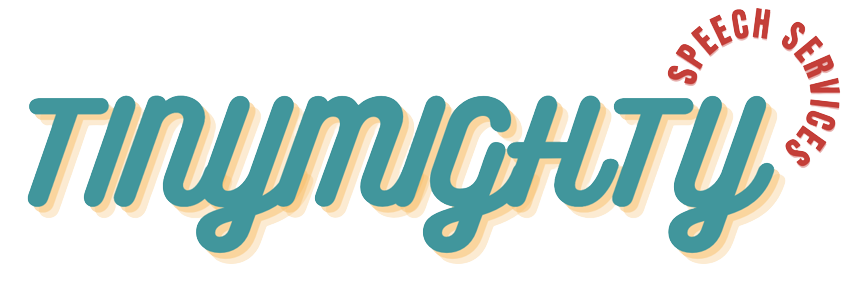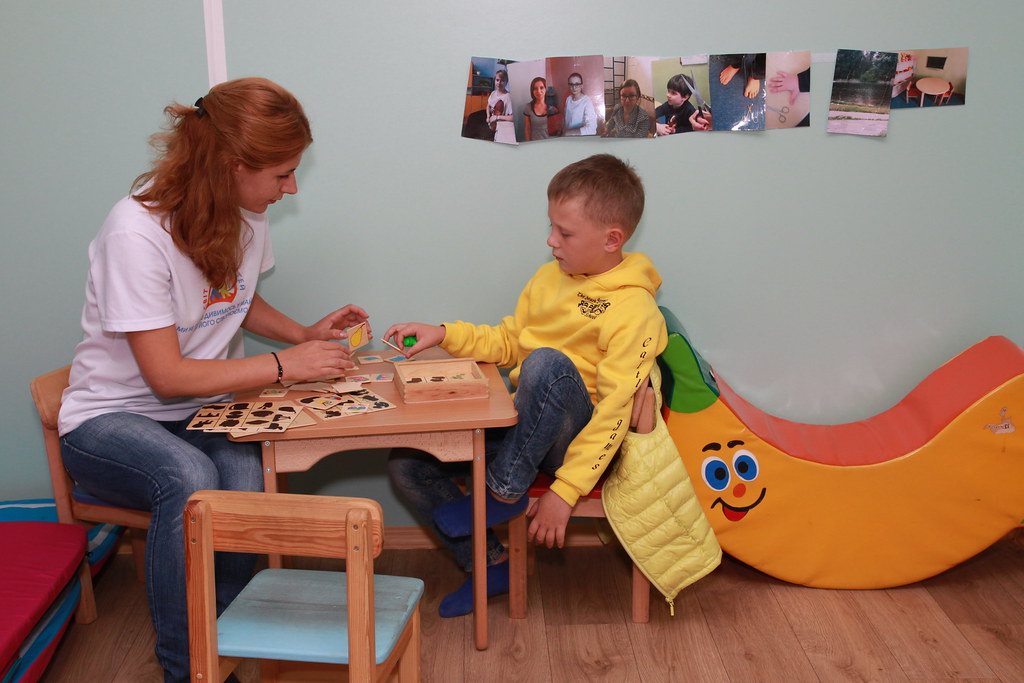Is your kiddo all over the place during sessions? Is it hard for them to focus on what you are working on? Do they *hate* sitting at the table? Does it seem like they are having trouble keeping their little bodies still? We do not want to force them to conform to what we think they need, but rather we want to understand what they need so we can support them. This is where an Occupational Therapist (OT) comes in. But what exactly is the link between OT and speech therapy, and why is it so crucial?
The Foundation of Regulation
Before diving into the collaboration between OT and speech therapy, it’s essential to understand the concept of regulation. Regulation refers to a child’s ability to maintain a state of alertness that’s appropriate for the given situation. This balance is crucial for successful communication and learning. They may have needs that we do not understand. They may be seeking sensory input or they may even be avoiding sensory input. It is important to collaborate with an OT to better understand the needs of your child.
Why Regulation Matters in Speech Therapy
Speech therapy is all about communication and language development, but communication is so much more than words. It’s about understanding social cues, paying attention to what is being communicated, turn taking, etc. This is where regulation comes into play.
1. Attention and Focus: Regulation helps children maintain the attention and focus necessary for speech therapy sessions. It allows them to engage with the therapist and absorb new information in a way that is meaningful to them. If their bodies are not calm and ready to learn, then sessions will not be as impactful. This may mean having sessions on a trampoline or swing, or maybe in a dark space.
2. Sensory Regulation: Children who struggle with sensory-regulation may find it challenging to focus which may disrupt therapy sessions. These challenges are amplified when your child is not using words to communicate or does not yet have an effective way to communicate their needs.
3. Stress and Anxiety: Anxiety and stress can hinder communication. OTs can help children manage these emotions, allowing them to engage more effectively in speech therapy.
The Collaboration of OT and SLP
By having therapists who collaborate on a multi-disciplinary team, a child can become better regulated, more focused, and more confident in speech therapy sessions. This collaborative approach creates a solid foundation for successful communication. It’s not about fixing what’s wrong; it’s about nurturing what’s unique and empowering children to reach their full potential. We wouldn’t be able to understand these needs without the support of our wonderful OTs!By addressing regulation, we set the stage for their communication success, and, ultimately, their brighter future.
Book a free consult with an SLP and OT today!


